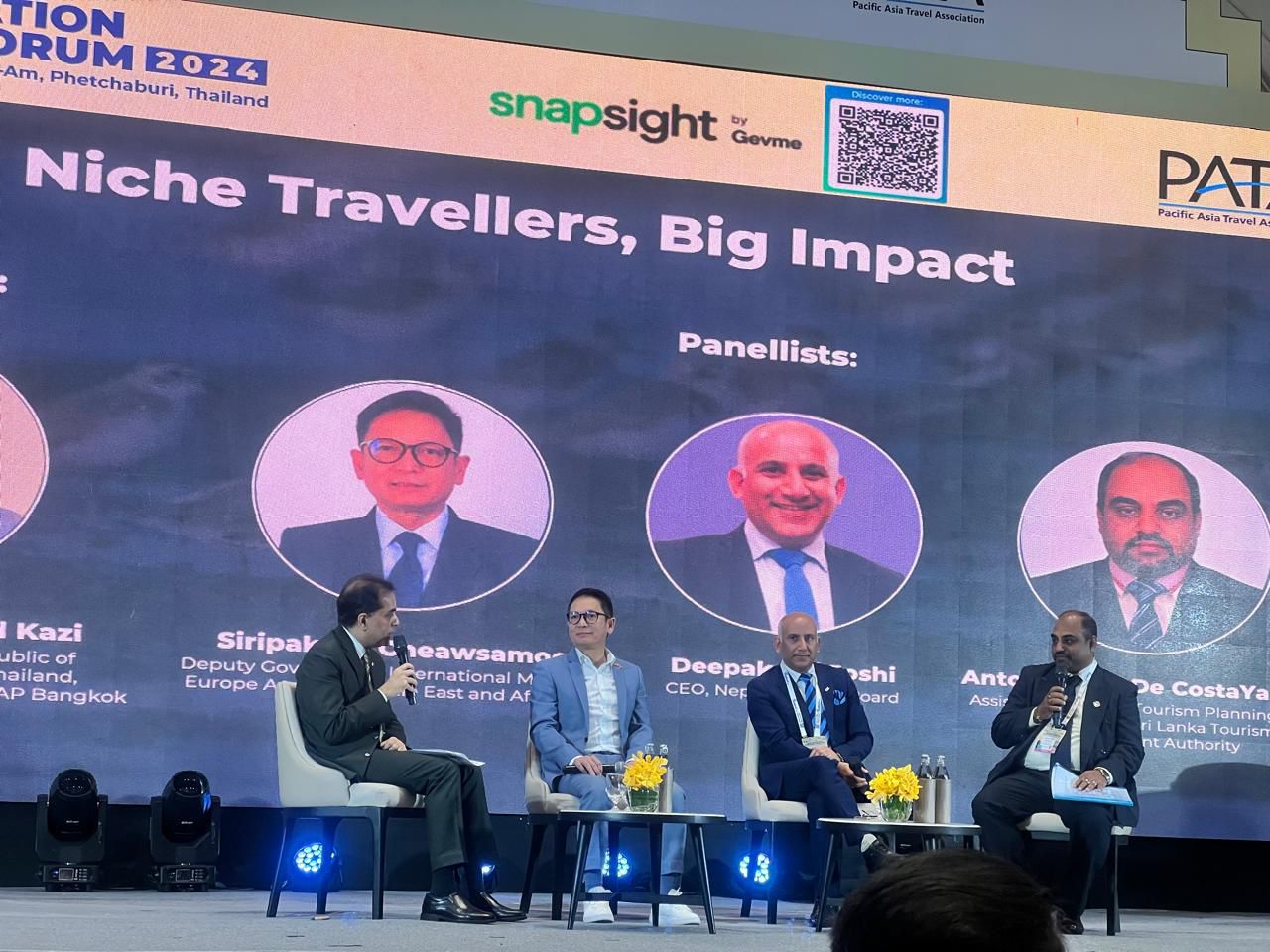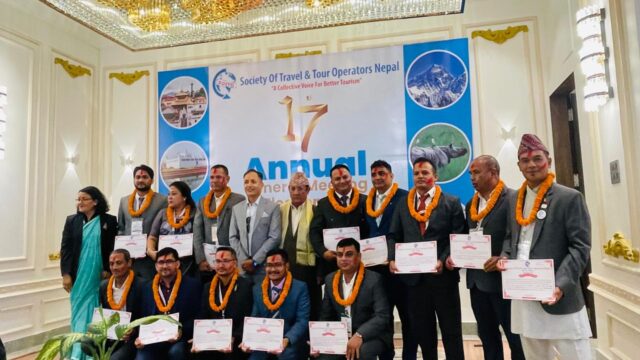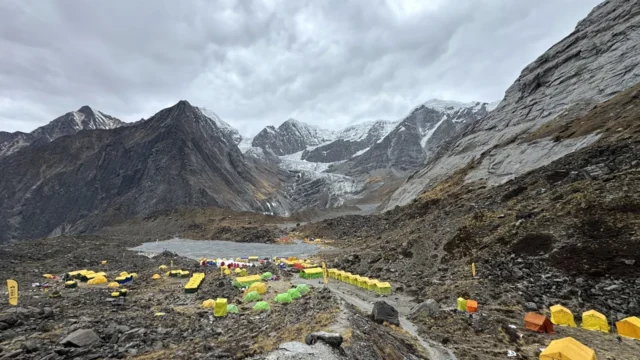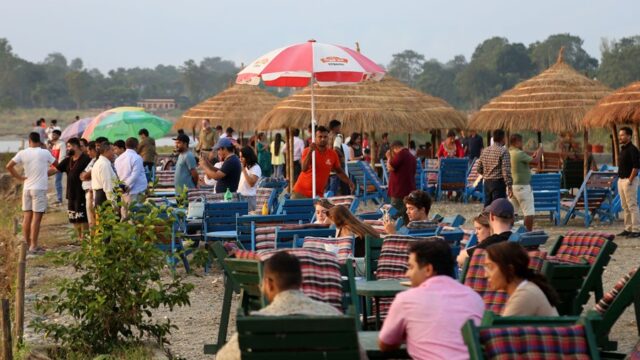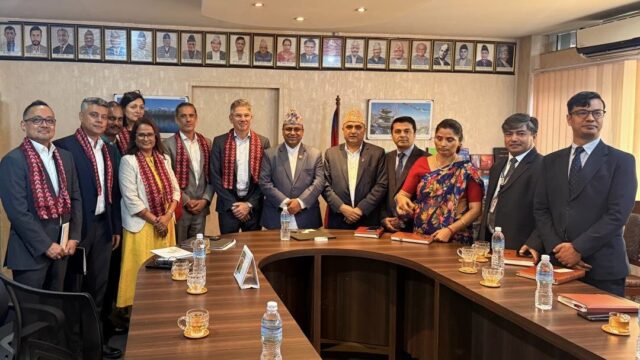A two-day Pacific Asia Travel Association (PATA) Destination Marketing Forum, held from November 12th to 14th in Phetchaburi, Thailand, concluded with a firm commitment to fostering sustainable, inclusive, and community-driven tourism. The event, which gathered over 360 delegates from 26 destinations worldwide, explored key issues in the tourism sector with a focus on community engagement and economic upliftment.
The forum was inaugurated on November 14th by Peter Simone, Chairman of PATA, who expressed his optimism about the potential of Phetchaburi province’s unique culture, language, and hospitality. Simone emphasized that these aspects of Phetchaburi not only enhance local tourism but can also create a lasting positive impact on the overall growth of tourism in Thailand.
The Governor of Phetchaburi Province, Wanpen Mungsri, highlighted the importance of tourism in contributing to the shared economy. She stressed that making tourism sustainable and meaningful, can have a profound impact on the economic upliftment of local communities. The Governor’s message resonated with the forum’s overarching theme of making tourism more inclusive and beneficial for all.
One of the prominent speakers at the panel discussion was Deepak Raj Joshi, CEO of the Nepal Tourism Board (NTB). He spoke about the need to identify niche markets for travelers, which can play a significant role in the emerging tourism market. Joshi’s insights on targeted marketing and understanding the preferences of specific traveler groups were well-received by the delegates.
The forum also delved into critical issues such as the United Nations Sustainable Development Goals (SDGs), sustainable approaches in tourism, community engagement in tourism activities, and the challenges posed by climate change. The discussion highlighted the role of data-driven marketing strategies and the growing significance of MICE (Meetings, Incentives, Conferences, and Exhibitions) tourism in shaping future trends.
The forum saw active participation from delegates across the globe, including representatives from countries such as Australia, Bhutan, China, India, Indonesia, Japan, Malaysia, Nepal, Singapore, South Africa, Spain, the United Kingdom, and the United States, among others. Their presence underscored the international commitment to making tourism a force for good, driving economic growth, and fostering cultural exchange.
The forum concluded with a collective agreement to promote community-driven tourism as a means of achieving sustainable development, increasing inclusivity, and supporting local economies. As the tourism industry recovers and grows, the PATA Destination Marketing Forum reaffirmed that meaningful and responsible tourism can have a transformative impact on communities and nations alike.
With the commitment from global tourism leaders, the PATA forum promises to be a key platform in driving forward the message of sustainable tourism that benefits everyone—local communities, travelers, and the global tourism sector.
